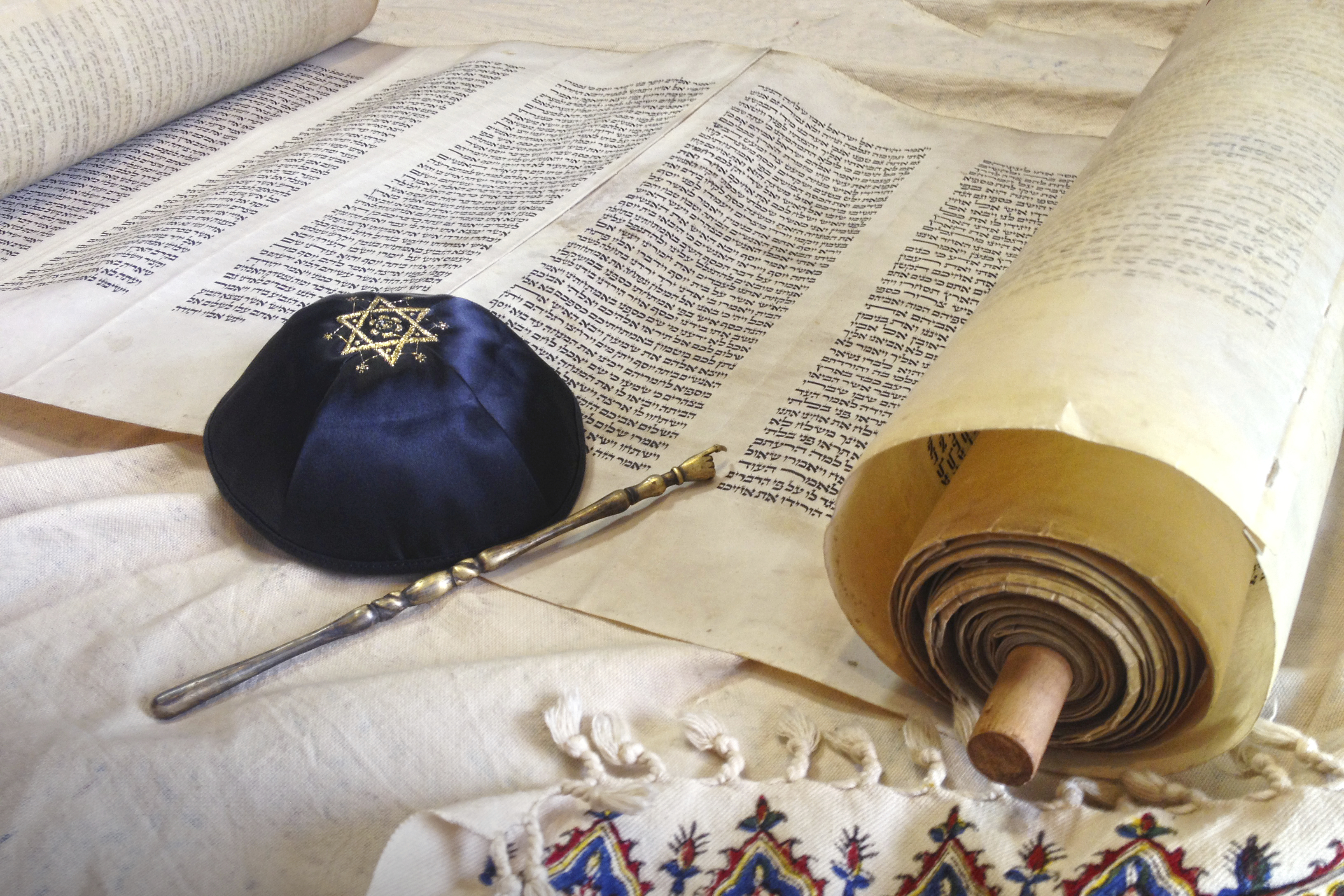
Shavuot (also known as the Feast of Weeks) is celebrated on the sixth day of Sivan (typically in May or June), marking the end of the Counting of the Omer, 50 days after Pesach. Shavuot complements Pesach as the responsibility that comes from liberation. It celebrates the giving of the Ten Commandments to Moses and the Israelites at Mount Sinai. Shavuot is typically spent in all-night study. One legend claims that the Israelites actually overslept on the morning that they received the Torah, and now we study through the night in penance.
Shavuot is one of the few holidays whose Torah reading focuses on the story of Jewish women; on Shavuot, we read the Book of Ruth. Ruth is known as one of the first Jews-by-choice: though her mother-in-law Naomi encourages her to remain in Moab after Ruth’s husband dies, Ruth famously declares her loyalty to Naomi and the Jewish people. Ruth is a woman of great courage, faith, loyalty, and vision. As a single adult woman, she is someone who decided her own destiny and pursued her dreams. She is also the grandmother of King David.
“Wherever you go, I will go. Wherever you lodge, I will lodge. Your people shall be my people, and your God, my God.”
—Book of Ruth, 1:16-17
Programs for Shavuot
- Many Reform congregations hold confirmation ceremonies for their 15- and 16-year-old religious school students. Show your support for their commitment to the Jewish community and Torah study with a brunch or special oneg, and present the confirmands with Uniongrams to celebrate their accomplishments.
- Ruth meets her second husband Boaz when she gleans grain from his field, a practice where individuals may harvest leftover crops from farmers’ fields as a kind of welfare. WRJ has long supported efforts to end hunger, nationally and globally. Help the hungry in your community with a congregation-wide food drive. Contact your local soup kitchen or homeless shelter first to ensure that your project meets their current needs! Find inspiration in WRJ Or Ami-winning programs from past years.
- Ruth is often called a “woman of valor.” Discuss with your sisterhood: what does “woman of valor” mean to you? Then, read Eshet Chayil (Woman of Valor) from Proverbs 31:10-31. Does this description resonate with you? Does it describe women in your community? How might it be updated to reflect our current values?
- Hold a late-night Torah study session. Read from The Torah: A Women’s Commentary and reenact the receiving of the Torah at Mount Sinai.

